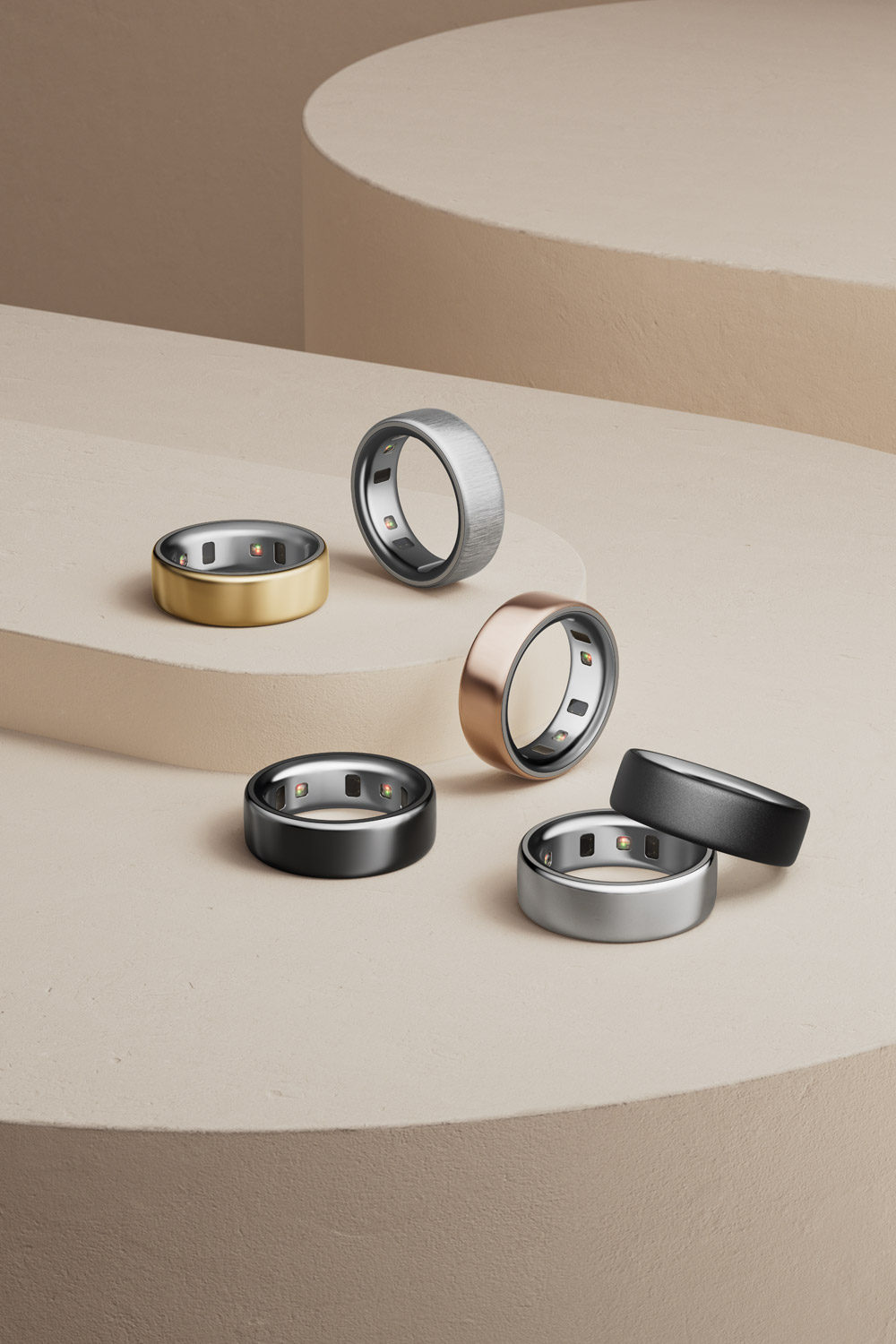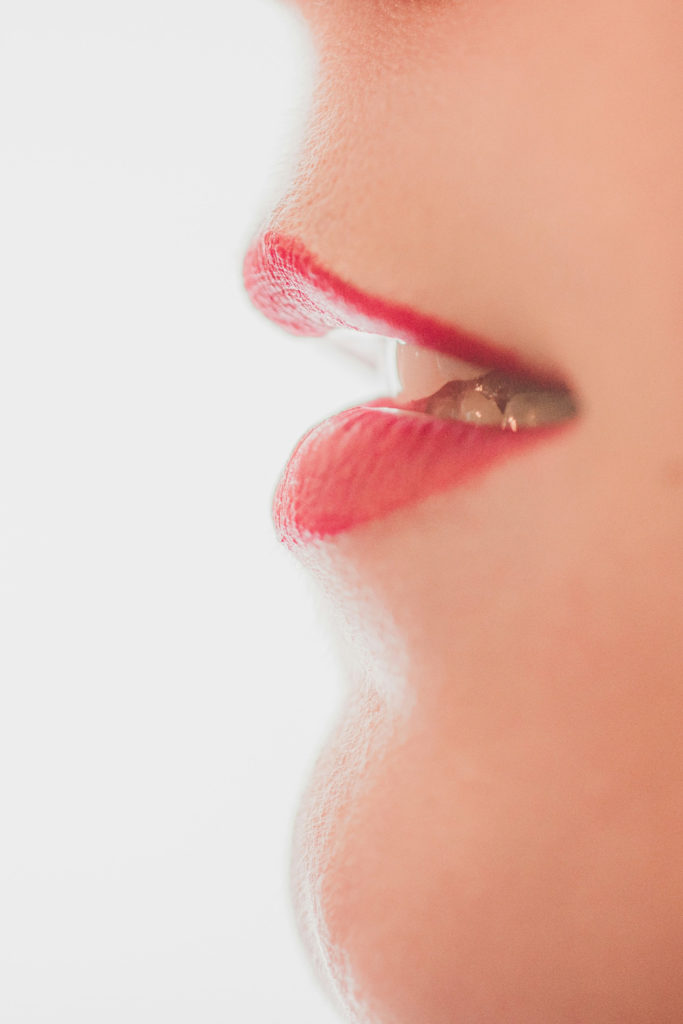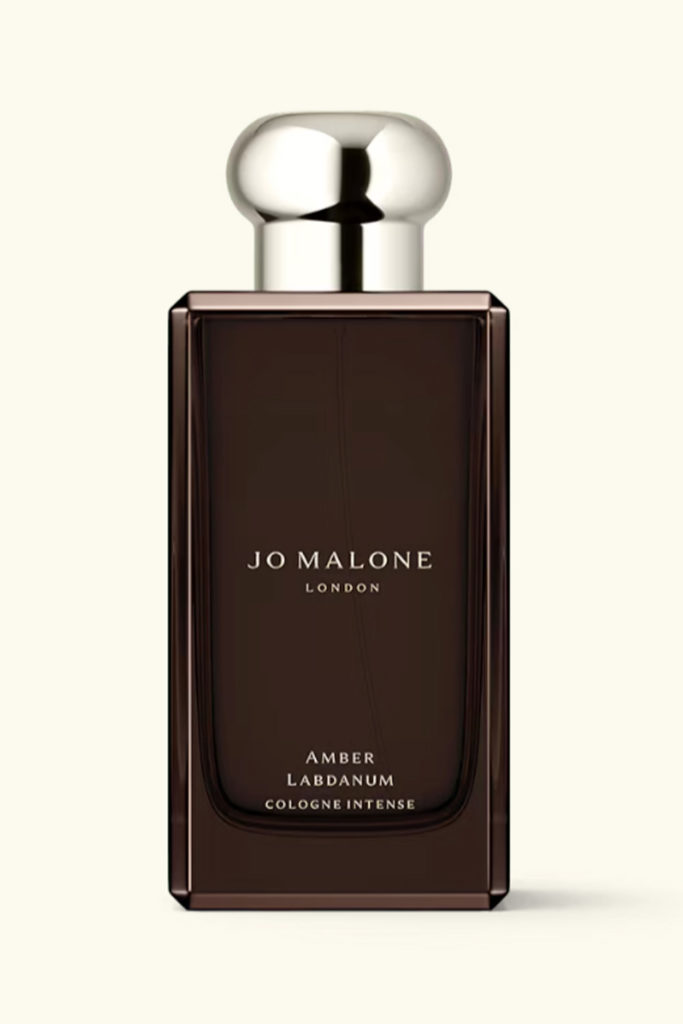
I Tried The Oura Ring – Here Are My Honest Thoughts
By
8 months ago
Should you invest in the wearable? We investigate
The wearable tech market has exploded in recent years, but amid all the new launches there has been a continued buzz around one piece of kit: the Oura Ring. The sleek smart ring might be small, but it generates a considerable amount of data about everything from sleep to stress. So should we all be investing in one? Camilla Hewitt gives the wearable of the moment a test drive.
Review: Is The Oura Ring Worth The Hype?
As someone who’s always been health-conscious, I was hesitant to invest in the Oura Ring when it first hit the wellbeing market. There were two main reasons: I worried I’d become overly fixated on the constant stream of data, and I questioned whether I actually needed it, given how mindful I already was about my habits.
After countless reviews, curiosity got the better of me. If you’re not familiar with it, the Oura Ring is a smart ring designed to track your health metrics, relaying the data to the accompanying app. It monitors a wide range of factors, including sleep, daily activity, menstrual cycles, stress levels, heart rate variability, and body temperature.
What’s really ‘smart’ about it is the way it interprets that data, combining everything into a daily ‘readiness’ score that reflects how prepared your body is to take on the day. When your score is high, the app nudges you to make the most of it by staying active. When it’s lower, it suggests prioritising rest and reflecting on what might be affecting your recovery, whether it’s lack of sleep, over-exertion, or early signs of illness.
Oura Ring: Pros & Cons
Does it actually work? Sure enough, on days when I woke up feeling slightly off, maybe with a scratchy throat, the app flagged signs of strain and encouraged me to ease off a little. Similarly, if I’m sat at my laptop for too long, the app logs that inactivity, prompting more active breaks than perhaps I’d usually take. That’s where I’ve found the Oura Ring most useful: the cues and confirmation to make small adjustments to my routine day to day.
In addition to the readiness score, which is measured out of 100, the app also offers sleep and activity scores. The sleep score helps identify patterns over time and lets you add tags, like alcohol consumption or late-night eating, that might explain a poor night’s rest.
The activity score shows how well you’re meeting your fitness goals, factoring in calorie burn, step count, training frequency and volume, and recovery time. I would say if your main focus is athletic performance, there are other devices better suited for that. A running watch from Garmin, for example, provides accurate mile splits and real-time heart rate data. The Oura Ring takes a more holistic approach, helping you to achieve a healthy balance of sleep, activity and stress. One key area wearable devices can’t capture, of course, is social wellbeing. The data might indicate a lack of sleep, but it won’t reflect the positive impact of a night out with friends, something that can benefit your mental health and happiness in ways an early bedtime might not.
I’m also mindful that constant quantification can take the joy out of everyday experiences and add a layer of anxiety if scores are seen as a daily measure of success or failure. On the whole, I’ve found that wearing the Oura Ring has encouraged me to build healthier habits, but I am keen to keep things real, staying attuned to how I actually feel, rather than relying on what an app tells me.
When it comes to wellbeing, cognitive and emotional health are not something we can put a score against. Which brings me back to the reasons I was hesitant in the first place: have I become obsessed with data? No. Do I need it? The Oura Ring is a luxury, not a necessity; however, it does offer a data-informed way to tune into what your body is likely already trying to tell you.
Find out more and shop at ouraring.com

























